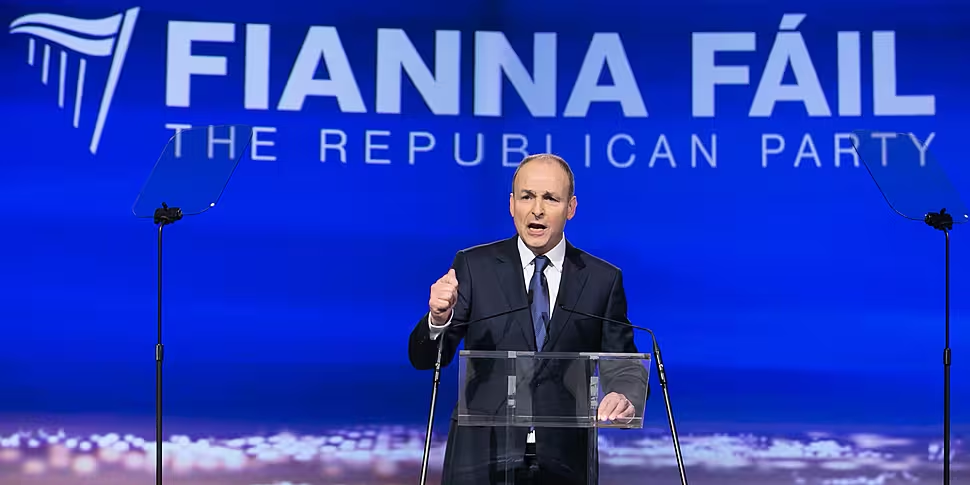Micheál Martin has insisted he will continue to lead Fianna Fáil when his term as Taoiseach ends next year.
Under the current coalition agreement, Leo Varadkar is due to take over as Taoiseach mid-way through the Government’s term.
That means in a year’s time Mr Martin will have to step back and become Tánaiste for the remainder of the remaining two and a half years of the government’s term.
Over the past year there has been some speculation about whether we could soon see a Fianna Fáil leadership contest, amid the party’s poor showing in recent opinion polls and this summer's Dublin Bay South by-election.
Some party members have even called for Mr Martin to step down when his term as Taoiseach ends.
On Newstalk Breakfast, Mr Martin was asked whether he’ll continue to lead his own party after Leo Varadkar takes over as Taoiseach.
He said there’s “always speculation” about leadership contests, but emphatically insisted he will remain as Fianna Fáil leader beyond next year.
He said: “As far as I’m concerned, I think it’s important in terms of the transition that would happen.
“It’s a coalition government… a three-party government, just like in Germany now. I look across Europe and see similar coalitions.
“Mark Rutte has just taken power again in Holland after nine months trying to form a government. His party is 25% [support], and yet he has been a long-standing prime minister. I think we have to get used to that in Ireland.”
While the next election is still several years away if the current coalition lasts its full term, Mr Martin said the three coalition parties will be contesting that vote as ‘independent entities’.
He said: “That said, the Government has to achieve as well - the Government has set itself targets in terms of housing, health reform and climate change.
“They will inform important parts of the difference as we come to the next election. Other political parties haven’t been as strong on climate change, for instance - I think [Sinn Féin] has sat on the fence and jump each way.
“We’ll go before the electorate as independent parties - but aspects of Government policy that were successfully delivered will have to be defended.”
He suggested the election will be contested on “ideas and policies”, and it will be "wide open" in terms of any parties grouping up to form the next government.









